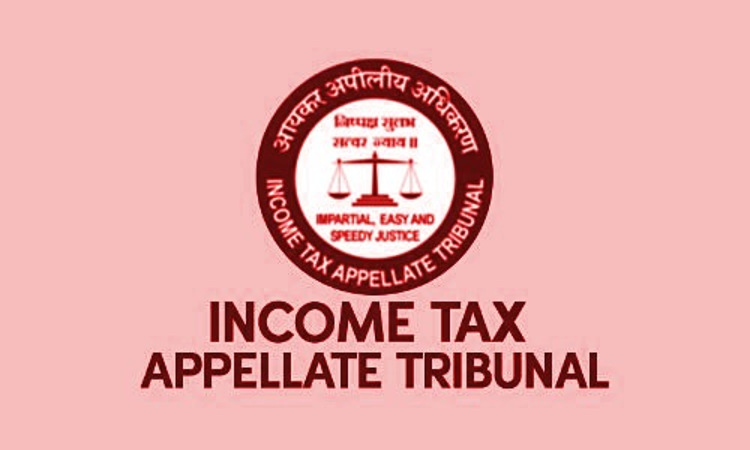Income Tax Penalty Can't Be Imposed For Inadvertent And Bonafide Mistake : ITAT
Mariya Paliwala
25 Jun 2022 12:30 PM IST

Next Story
25 Jun 2022 12:30 PM IST
The Pune Bench of the Income Tax Appellate Tribunal (ITAT)Income Tax Appellate Tribunal (ITAT), headed by R.S. Syal (Vice President) and Partha Sarathi Chaudhury (Judicial Member), has deleted the penalty on the grounds that the excess claim of deduction was made due to a bona fide and unintentional mistake.The assessee/appellant debited to its profit & loss account: education cess on...
